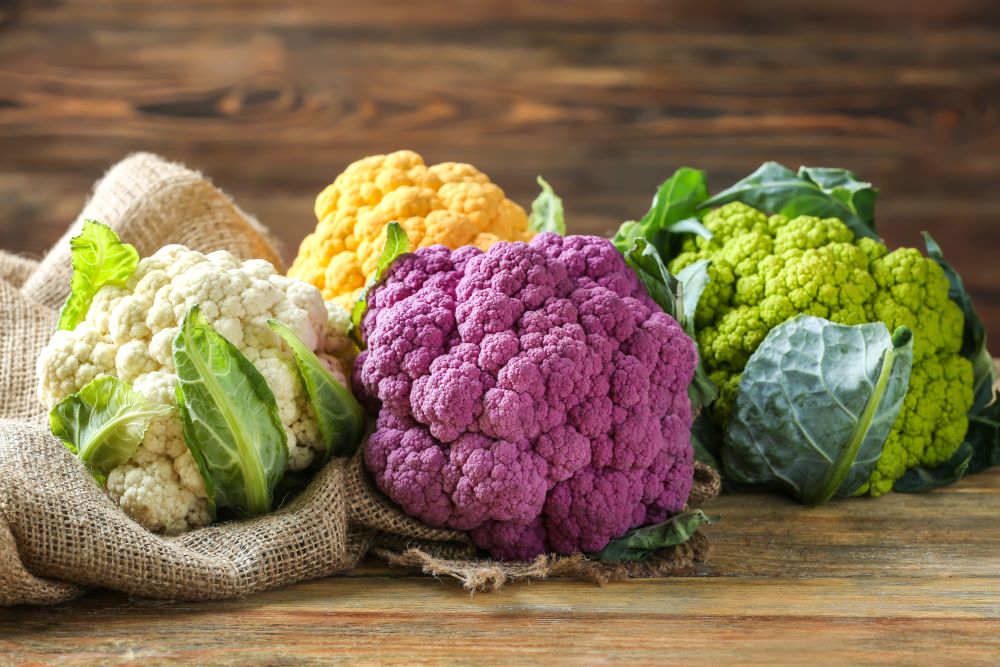
Product prices in the UK are rising due to a combination of factors linked to the war in Ukraine, labour shortages and continuing Covid-19 outbreaks.
Here the IOE&IT Daily Update looks at five of the country’s most popular food and drink goods that have seen prices soar in recent weeks.
1. Beers and wines
Pubs in London are now charging £8 for a pint, reflecting a 70% increase in beer prices in the UK since the 2008 financial crash, according to the FT.
Wine wholesaler Daniel Lambert has also claimed in the Independent that Brexit is adding more than £1.50 to the cost of every bottle of European wine sold to consumers due to increased import paperwork and logistics costs.
2. Vegetables
Also in the FT, the UK’s supply of cucumbers and peppers is set to half this year as growers have not planted as many of the vegetables due to soaring energy costs and labour shortages.
Planting of brassicas such as broccoli and cauliflower are down by 20% due to similar cost pressures.
3. Milk
The latest increase in farmgate milk prices by Müller mean that it has increased its price to farmers by almost a third (31.4%) since 1 March, reports the Grocer.
Arla and clotted cream brand Rodda have increased their payments similarly as farmers face rising bills for fertiliser, feed, energy, and packaging among other costs.
Industry analyst Ian Potter said the sector feels “there is still more to come” on price increases but that record prices “are still not converting to additional milk”.
4. Wheat
Rising ‘export nationalism’ is also affecting food prices globally as some countries are limiting food exports to prioritise their own markets.
India banned wheat exports in May due to fears of a poor harvest following a record heatwave, reports the BBC.
Global wheat production for the 2022-23 period will be the lowest for four years, and global stocks of wheat are predicted to be at their lowest for six years, according to a US government report. Wheat prices rose by almost 6% in the aftermath of India’s decision.
5. Rice
Reuters reports that rice traders have now been spooked into increasing purchases and placing unusual orders for longer-dated deliveries, fearing the world’s top rice exporter may restrict shipments.
